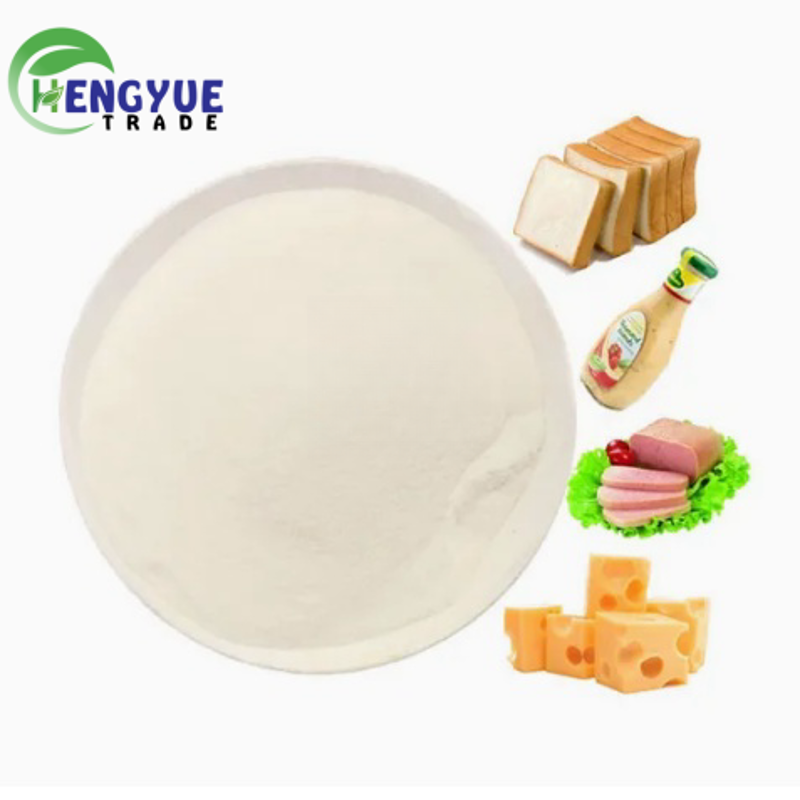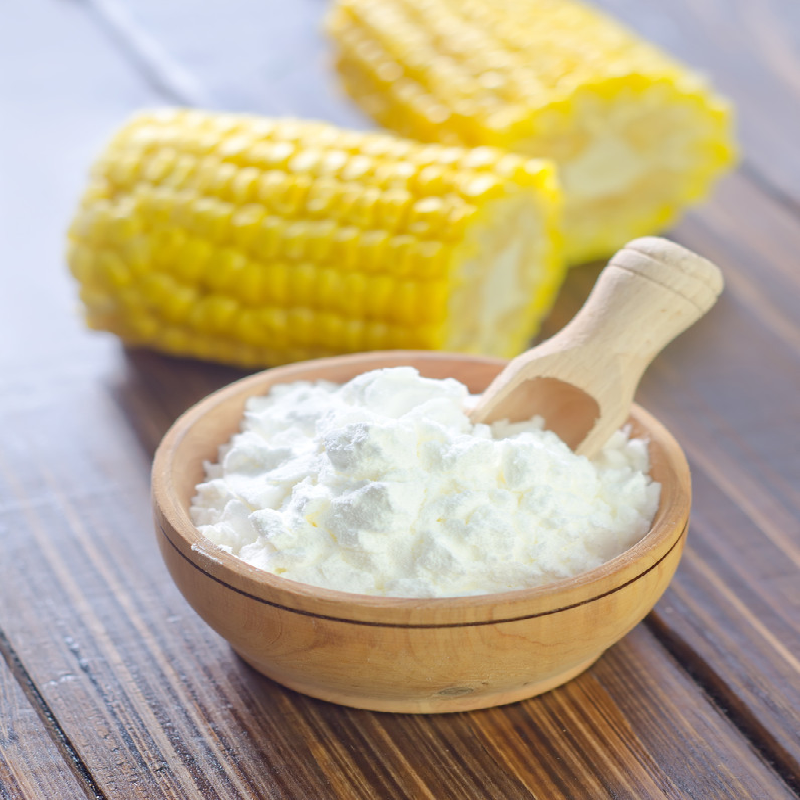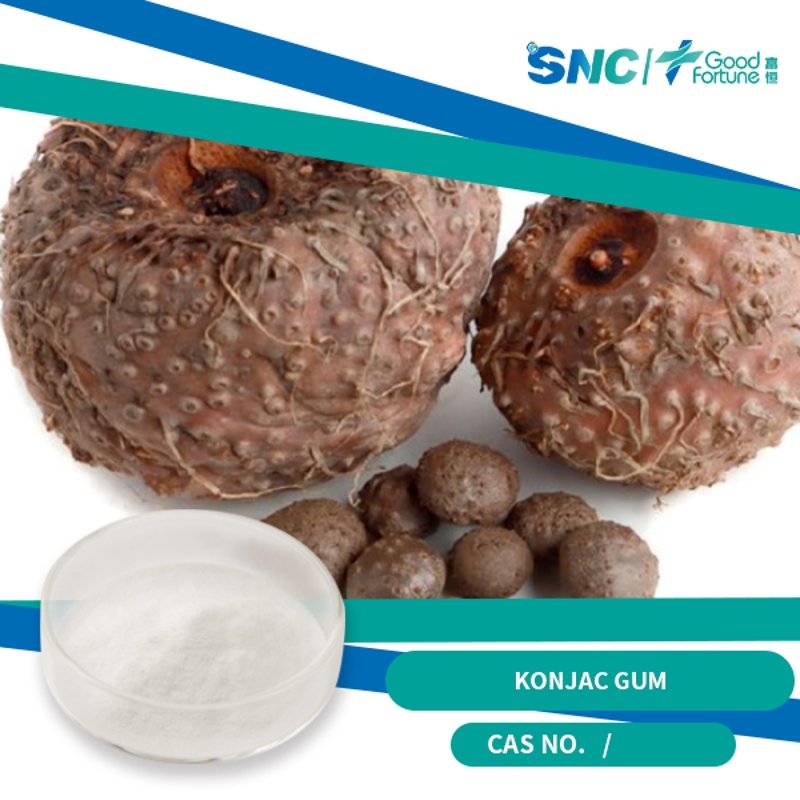-
Categories
-
Pharmaceutical Intermediates
-
Active Pharmaceutical Ingredients
-
Food Additives
- Industrial Coatings
- Agrochemicals
- Dyes and Pigments
- Surfactant
- Flavors and Fragrances
- Chemical Reagents
- Catalyst and Auxiliary
- Natural Products
- Inorganic Chemistry
-
Organic Chemistry
-
Biochemical Engineering
- Analytical Chemistry
-
Cosmetic Ingredient
- Water Treatment Chemical
-
Pharmaceutical Intermediates
Promotion
ECHEMI Mall
Wholesale
Weekly Price
Exhibition
News
-
Trade Service
original title: Supermarket food bags ingredients list, how much do you know? Understand these we eat more at ease now people live more and more rich, supermarket shopping is more and more common, we do not know whether there is no attention, a large part of food such as biscuits, beverages, seasonings, ham sausage and so on. The main ingredients in their outer packaging are followed by a few words "food additives", what sodium, what potassium, what esters and so on. What are food additives? In fact, food additives are a class of chemical lysines or natural substances used to improve food quality, extend food shelf life, facilitate food processing and increase the nutritional content of food. Food additives are not harmful, and what kinds of it?first, preservatives, common preservatives include sodium benzoate, potassium sorbate, parabens, calcium propylene acetate, sodium nitrite, sodium lactate, lactic streptococcus and so on. Some of them can make the protein of corrupt bacteria denatured, some can inhibit the enzyme activity of the corrupt bacteria, some can destroy the cellular structure of the corrupt bacteria, in short, there are many ways to inhibit the growth of corrupt bacteria, prolong the shelf life of food. Sodium benzoate must be added to the soy sauce, otherwise it is too easy to breed aflatoxin. This bacteria can cause cancer strongly. The toxicity of sodium benzoate is very low, and adding it in a specified amount will not be harmful to people. Sauces, jams, condiments and beverages are generally added to potassium sorbate, a preservative that is also non-toxic and harmless and can be excreted by human metabolism. Calcium propylene is often added to bread and soy products, which ensures that bread is not moldy during shelf life. Calcium propionate is hydrolysised into propylene acid and calcium ions in the human body, wherein propylene acid is a common fatty acid component, calcium ions and even calcium supplementary effect, they can be absorbed by the body as nutrients.the second, antioxidants such as hydroxyl fentanyl ether (BHA), dicified benzoyl toluene (BHT), no inedible acetate (PG), tea polyphenols, ascorbic acid (iso-necrotic hemophilia) and its sodium salts, etc., if preservatives are to protect food from the point of view of preventing bacterial growth, then food antioxidants are a chemically extended food shelf life of a class of additives. It can prevent or delay the oxidation of food, improve food stability and extend the storage period. The food fat, vitamins and other ingredients are oxidized, the food's sensory quality and nutritional value will decline. Antioxidants are commonly used in the market are fatty foods such as cooking oil, fried food (including instant noodles), canned, baby food and so on. Excess antioxidants are also harmful, and studies have shown that it itself, oxidized, may become a new, more oxidized free radical, which can be harmful to the body.third, colorant, also known as food coloring. This pigment mainly improves the susceptibility of natural foods to fading or discoloration during processing to improve the visual sense of the food. Commonnatural natural colorants are red, sequin, turmeric, hazelnut yellow, carotene, cocoa pigment, caramel pigment and so on; In contrast, synthetic pigments are more and more widely used in the food industry because they are more powerful than natural colorcolors, are more colorful, and are cheaper. However, synthetic pigments can hardly provide any nutrition, some pigments can even harm human health, such as diarrhea, cancer and so on. Therefore, countries around the world in the management of food coloring, the use of synthetic colors have strict regulations. China stipulates that only sodas, cold food products, confectionery, prepared wine and fruit juice scant use of food coloring in small amounts of all food categories. So when shopping, look at the ingredients list, try to see clearly eat less food containing a variety of synthetic colors. Eat those naturally colored foods even if you want to eat them.the fourth, spices are edible flavors. It is not a single ingredient, but is a combination of fragrances and licensed chemicals. Don't look down on it, because in the hands of the flavorist, it can change the aroma of a variety of foods like magic, such as the sweet fruit, the fragrance of green tea and so on. Perhaps in a bottle of fruit drink you are drinking, a little fruit's natural ingredients are not, all fruit flavor is a small drop of fruit flavor "credit." The amount of flavor in various foods is very small, generally between 0.1% and 0.6%. As long as it is in line with china's standards of the use of flavor, in the daily food content will not bring health hazards.the fifth, sweeteners, such as sweets, ansenecine, xylitol, aspartame, saccharin, almost all kinds of processed foods with sweetness can find sweeteners, some more than one, these synthetic sweeteners due to low calories, high sweetness, low cost, do not raise blood sugar, is widely used in the food industry, especially in the beverage industry, instead of sugar, fructose and other traditional sweeteners.the sixth, coagulants, looses, thickeners, anti-cogulants, are used to improve the texture of food. They either solidify and form the raw materials, or loosen the porous ness of the raw materials, or make the texture of the raw materials more viscous and eat more textured. Take thickener as an example, it can improve and increase the viscosity of food, maintain the stability of semi-fluid food, frozen food, and make food have the feeling of lubrication and palatability. For example, supermarkets sell dairy products are used thickeners, because dairy products from the manufacturers produced, in the transport process after vibration and shaking will become very thin, if there is no thickener, such dairy products will not be favored by consumers. At present, the thickener approved in China is mainly used in fruit juice, fruit-type beverages, dairy products. The thickeners used in dairy products are generally gelatins and pectins, which are natural ingredients in themselves. Gelatin is a protein extracted from animal bones and skin, pectin is a kind of polysaccharide extracted from plants, they are not naturally harmful to health under normal consumption.the seventh kind of nutritional fortifier, is a substance that fortified the nutritional content of food. Because some natural food processed may be lost nutrients, in order to make the nutritional content of food reasonable, more conducive to the absorption of the human body, it is necessary to add some nutritional fortifiers to the food raw materials, such as protein, vitamin C, vitamin D and so on. Whether natural or synthetic, it itself belongs to the range of nutrients, so the human body is basically harmless.no matter what kind of additives, excessive use is harmful to the body, which requires us to buy food, for the ingredients list to buy things suitable for themselves, what things can eat, what things can not eat, which things can not eat more, to avoid the harm of additives.(more on WeChat Public)
Responsibility Editor:
.







